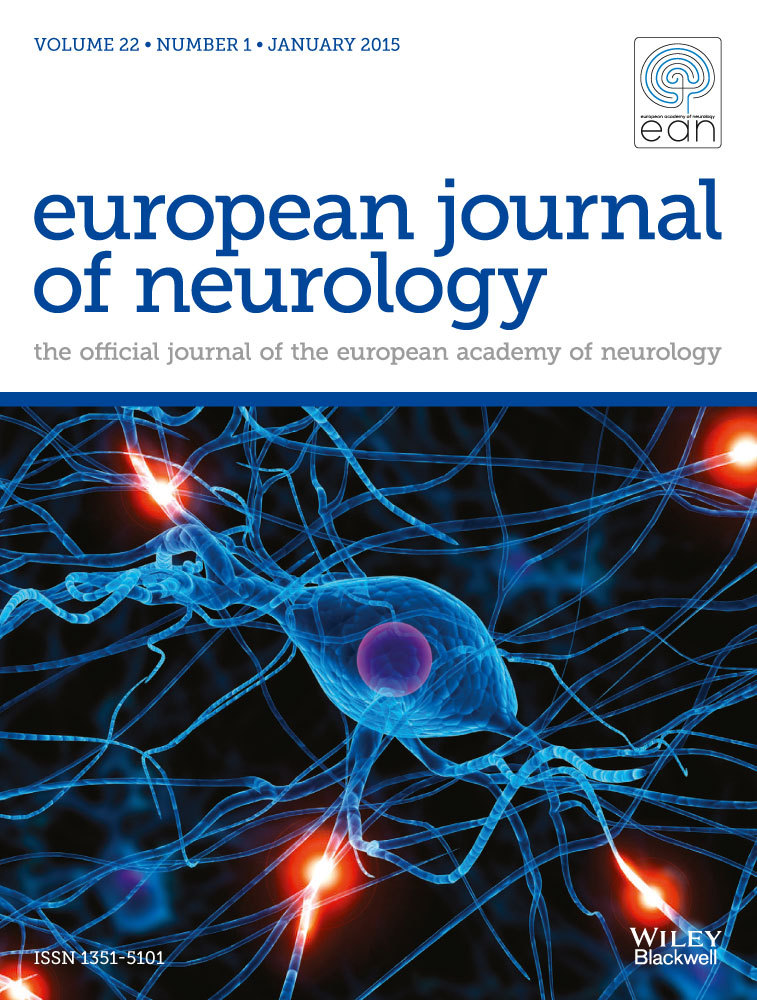Practice in evaluating solid organ transplant candidates and recipients with neurological impairment: The European Academy of Neurology neurocritical care panel survey
Abstract
Background
Brain disorders can occur in the context of peripheral organ diseases as well as solid organ transplants. The aim of this study was to explore the involvement of neurologists in the evaluation and management of solid organ transplant candidates and recipients when a nervous system impairment co-exists.
Methods
We invited all European Academy of Neurology members to answer a web-based survey. Descriptive statistics were used to summarize the results.
Results
In total, 176 respondents completed the survey; neurologists are more involved in the evaluation of neurological complications after (31.8%) than before an organ transplant (21%), when they see a small volume of patients, and mainly for neurological comorbidities. A minority (9%) of neurologists received a specific training on the topic of neurological manifestations of extracranial conditions as well as only 6.2% of them are involved in research activities in the brain–body interactions field.
Conclusion
This survey highlights a mismatch between the impressive statistics on brain dysfunction in peripheral organ diseases as well as transplant and the small volume of solid organ transplant candidates/recipients seen by neurologists. According to recent recommendations every organ-eligible candidates should undergo a cognitive screening, however, it is not common that neurologists are involved in the multidisciplinary committee to determine the transplant eligibility. Delirium is the most frequent reason for a neurological consultation after a transplant, but also other critical brain conditions. Educational programs in the field of neurology of systemic diseases are worth being implemented as well as including neurologists in research programs on brain–body interactions.


 求助内容:
求助内容: 应助结果提醒方式:
应助结果提醒方式:


